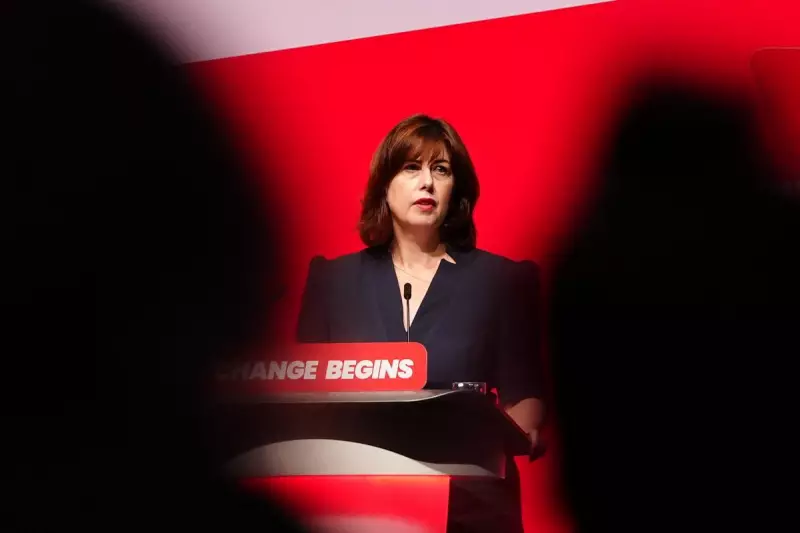
In a surprising political development that has sent ripples through Westminster, Shadow Culture Secretary Lucy Powell has reportedly turned down a significant promotion to become Sir Keir Starmer's deputy, raising questions about unity within the Labour leadership ahead of the anticipated general election.
Political Standoff Emerges
According to sources close to both politicians, Powell was offered the deputy leader position during recent discussions about Labour's shadow cabinet reshuffle. The Manchester Central MP, however, declined the prestigious role, preferring to maintain her current position as Shadow Secretary of State for Digital, Culture, Media and Sport.
This decision comes at a crucial moment for the Labour Party, which currently maintains a strong lead in opinion polls and is positioning itself as government-in-waiting. The rejection of such a senior position by an established frontbencher has prompted speculation about the internal dynamics within Starmer's team.
Strategic Positioning or Genuine Dissent?
Political analysts are divided on interpreting Powell's decision. Some view it as a strategic calculation, suggesting she believes she can make more impact in her current cultural portfolio rather than taking on the broader responsibilities of deputy leadership.
Others, however, see it as indicative of deeper tensions within the Labour hierarchy. "When a senior shadow cabinet member turns down what would normally be considered a promotion, it inevitably raises eyebrows," commented one Westminster insider. "It suggests either personal differences or strategic disagreements about the party's direction."
What This Means for Labour's Election Prospects
The timing of this revelation is particularly significant with a general election expected within the next year. Labour has maintained consistent double-digit leads in most polls, but internal unity remains crucial for converting polling advantages into electoral victory.
Powell, who served as Shadow Leader of the House of Commons until September 2023, is considered one of Labour's most effective communicators and has built a strong reputation for her work on cultural policy. Her decision to remain in her current role rather than accept a promotion suggests she sees greater importance in delivering on Labour's cultural manifesto commitments.
Looking Ahead
As Labour continues to fine-tune its shadow cabinet ahead of the election campaign, all eyes will be on how Starmer manages these internal dynamics. The party's ability to present a united front will be critical in convincing voters they are ready to govern.
For now, Powell remains a key figure in Labour's cultural policy development, while the deputy leadership position remains filled by Angela Rayner, who also serves as Shadow Deputy Prime Minister and Shadow Secretary of State for Levelling Up, Housing and Communities.





